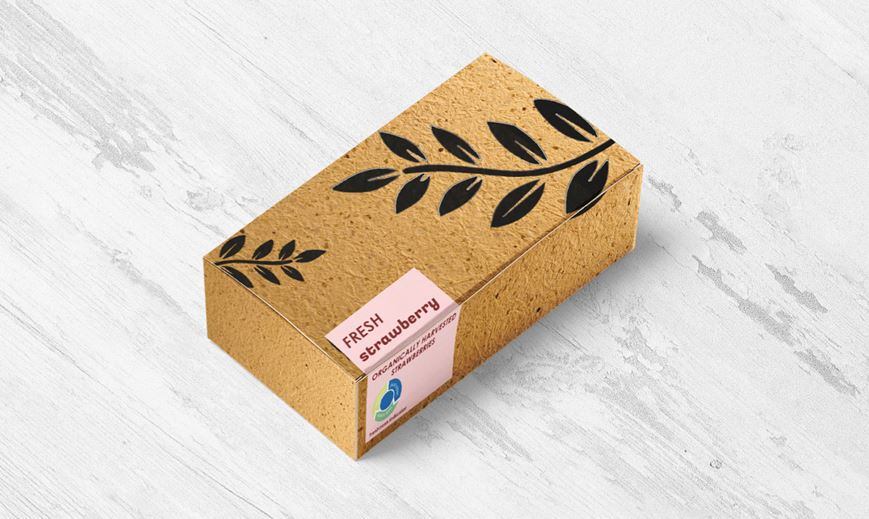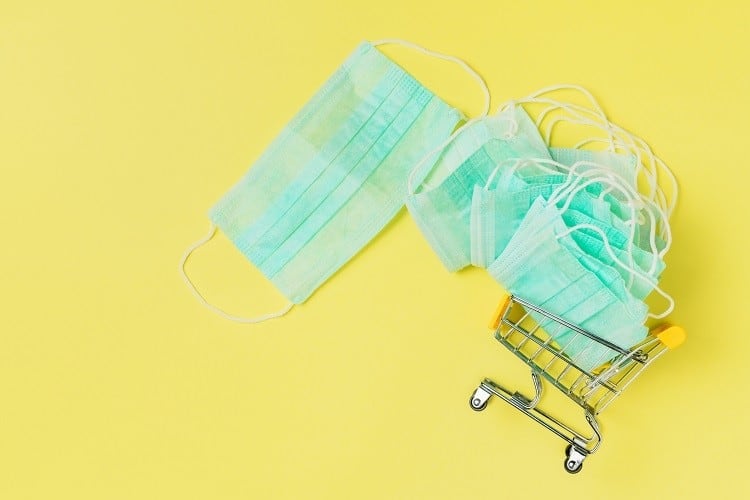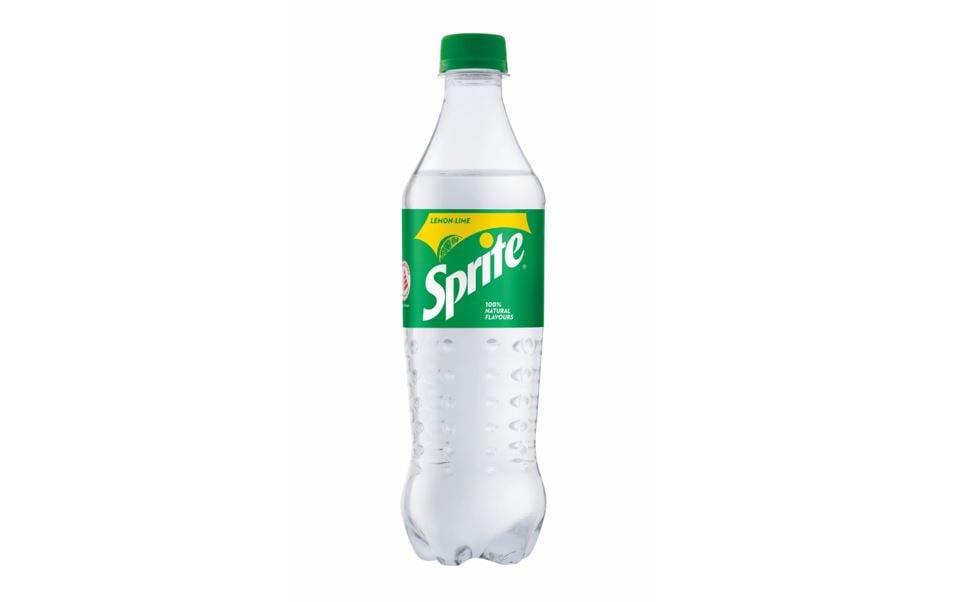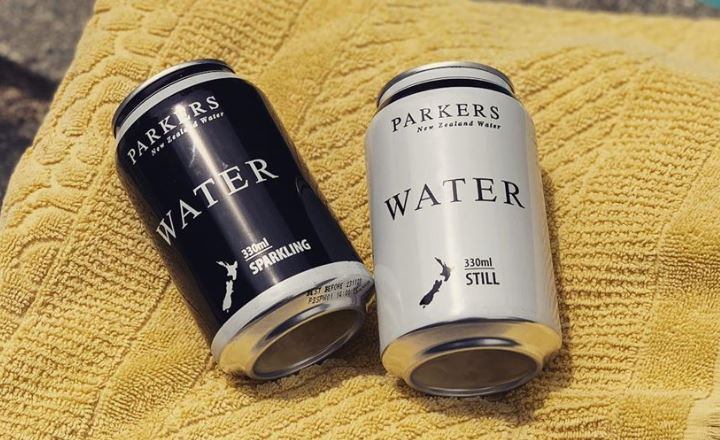Typically, palm oil is extracted from these trees, and incinerated after that, which not only creates waste but results in a negative environmental impact.
The company chose to work with palm fibres as palm trees are a widely abundant local resource in UAE.
Arwa Lutfi, team leader of Palm Co told FoodNavigator-Asia: “We discovered that 70% of palm tree (also called pulp) is incinerated after they extract the palm oil, so instead of sending them to the incinerators, we hope to use it to make packaging.
“Our idea is unlike any other in the UAE and utilizes a widely abundant local resource to create a culturally impactful experience for consumers. As a company, we want to encourage MSMEs to transition into a more environment-friendly approach with regards to their packaging,” Lutfi said.
A survey undertaken by the firm found that 49.6% of UAE respondents were concerned about environmental issues and 70.8% were willing to use a sustainable alternative if they could find one.
Processing method
The process begins by extracting the palm fibre from palm trees using enzymatic methods, and also from the waste of palm oil mills.
Water and latex is then mixed into the fibres. It is then dried, moulded and coated with latex into the desired shape.
Lutfi said latex was chosen because it was also a naturally occurring resource and would not affect the composability of packaging.
According to the company, the packaging is estimated to compost in 90 days.
Lutfi explained due to its shelf life, the packaging was best suited for fresh foods such as fruits and vegetables, although it can also hold beverages too.
The company is planning to work with small business owners and farmers in UAE first, before targeting supermarkets, wholesalers, and restaurants eventually.
The company’s first minimum viable product (MVP) is expected to be developed in the next seven months, and it is currently working with researchers from the University of Wageningen in the Netherlands to develop this idea into a product.
It would take the firm about three years to scale up, and five years before it expands beyond the UAE, Middle East first, and internationally.
In addition, Palm Co is expanding its solution with a customisable aspect. For instance, Lufti said certain technologies such as a freshness indicator could be attached to the exterior of the packaging. Such technology reacts with oxygen, and changes colour as it oxidises, providing an indication of freshness.
Besides addressing consumer demands for sustainable packaging, the intelligent product will ensure that the safety and quality of food is monitored and never compromised.
Palm pioneers
Lutfi said Palm Co was the first in UAE and the world in using palm fiber in food packaging.
She said current sustainable packaging solutions were mostly made from cardboard, paper or plants such as coconut and carrot fibers, although it was also made using the same method of water and latex.
Lutfi added: “People here tend to choose materials that are cheaper such as plastic, which is why they don’t go for sustainable packaging because it tends to be more expensive.”
“We hope to make our product more affordable and get people to choose sustainable packaging instead of turning to plastic.”
The firm said since it was using the waste by-product from palm oil extraction, its packaging was not as costly, and perhaps could even match the price of conventional packaging.
The company estimate its cost per unit to be around AED 0.58 (US$0.16), and the firm is hoping to produce 80,000 units annually.
Palm Co’s team of six recently won the The CovHack Virtual Innovation Challenge organised by Innovate4Good, receiving AED 190,000 (US$50,000) in funding.
The firm is also backed and mentored by the Khalifa Fund, and UAE’s Ministry of Climate Change.




